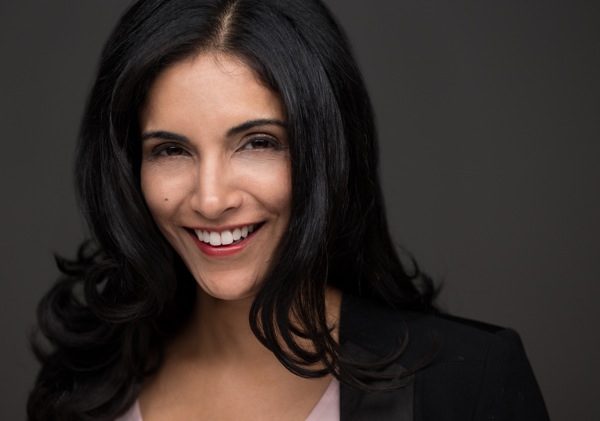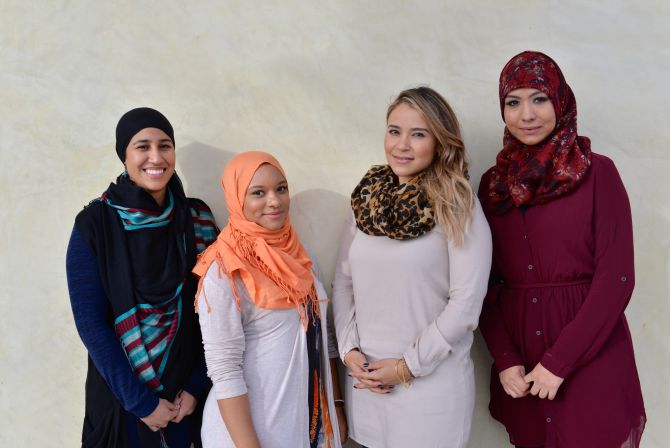Some days, like rain on the doorstep
She’ll cover me
With grace in all she offers
On this past Sunday, Mother’s Day, social media was covered with sweet dedications, remembrances, and gorgeous photos of lovely women with their children. It was markedly joyful to see so many celebrate the women that birthed, nurtured, and care for children that we know and love.
In the midst of these sentimental tributes in honor of maternal love, it was poignant to also read the expressions of the many deeply painful associations that come when we think of mothers, motherhood, and the lack of choices that many women experience as it relates to their own biology and social and economic standing. To see our most nostalgic and beautiful memories and sometimes-saccharine notions of motherhood juxtaposed with the honest, painful words that most people can’t afford to say on other days was simultaneously moving and profoundly unsettling.
Mother’s Day is one of those rare holidays that elicit some kind of emotional reaction from everyone who encounters it. Celebratory and grateful responses meet conflicted and deeply painful emotions that emanate from our most private realms and hidden spaces. On this day, these normally hidden feelings are unleashed as unrestrained missives. Through a picture of momentary perfection, a sweet sentiment, an aggrieved note, or a mournful cry, our most intimate thoughts about our most private moments go on full display for the world to witness and review in a way that does not happen during any other holiday or day of cultural significance.
What is it about motherhood that marks and provokes the universal in a way that is complex and layered as much as it is pure and simple? What are we seeking when we seek to honor our mothers and motherhood at the same time that our culture also, and often in the same breath, utterly ignores – and even denigrates – the plight of the nearly 10 million single mothers in America who struggle with the insurmountable challenge of making ends on what are all too often multiple part-time jobs while also raising moral, upstanding, and well educated children in a system that provides far too few supports?
Can we celebrate motherhood yet also embrace the choice of many other women in being childfree and still consider them to be fully woman – even fully human? Can honoring our mothers occur in the same breath that we demonstrate empathy towards women who experience the unmatched pain that comes with not being able to conceive when one wants to have children? Can we extend that same empathy towards anyone who has experienced and is experiencing the loneliness that descends from losing a mother or a child? What about acknowledging the pain of someone who has a complicated relationship with his or her mother on a day where seemingly everyone else is romanticizing the wonderful mothers in their lives?
I want your flowers like babies want God’s love
Or maybe as sure as tomorrow will come.
Beyond honoring our own mothers, perhaps what we are seeking when we look to romanticize motherhood is to complicate that which is actually quite simple. Whether we receive it or not, what we all crave from our mothers comes from the most unaffected place in our internal selves – the space in our brains that permits us to love with our whole hearts. Through her, we seek a space in which it is okay to be be vulnerable – a space where her grace will always comfort us no matter who we are, what we have done, and what we have become. It is often through our mothers that we first learn that is okay to ask for and receive the kind of love that says “I know you are tired, but come this is the way.”
Despite all our most romantic notions of home and the maternal love that ideally forms these gentle beginnings to our life stories, for those who have lost their mothers, for those who choose not to be mothers, for those who can not be mothers, for those who are mothers but not the kind that they would like to be because there are bills to pay and mouths to feed, for those who are alone, the very romanticness of this pure and desirous notion is what is most evocatively painful as well.
Perhaps then, the best way to honor our mothers and motherhood then is to take these first lessons and desires in life and find a way to give that kind of love to others. So that when the world around us is burning, when our lives fall apart, when we are overwhelmed and exhausted, when we want to vent to someone who will not judge us for falling apart, when we are scared, each of us know to both give and receive the kind of love that is reminiscent of someone gently stroking our hair and telling us that it will all be okay because we are so loved.
So while today may be days after Mother’s Day as it is marked on our calendars, may our desire to celebrate motherhood and the human vehicles that brought life and that kind of love to so many, be a day that inspires far more than the flowers and gifts we may have bought or received. May celebrating mothers be a moment in which we are all inspired to embrace someone who needs it a little tighter, love without conditionality, and gently blow sweet kisses on someone else’s wound. God knows, that kind of love is the universal. That kind of love brings life and light just like our mothers did.
[separator type=”thin”]
As the Managing Director of Arete at the University of Chicago, Samar Kaukab works to launch complex initiatives that enhance UChicago’s research enterprise and is Mama to three children.

















